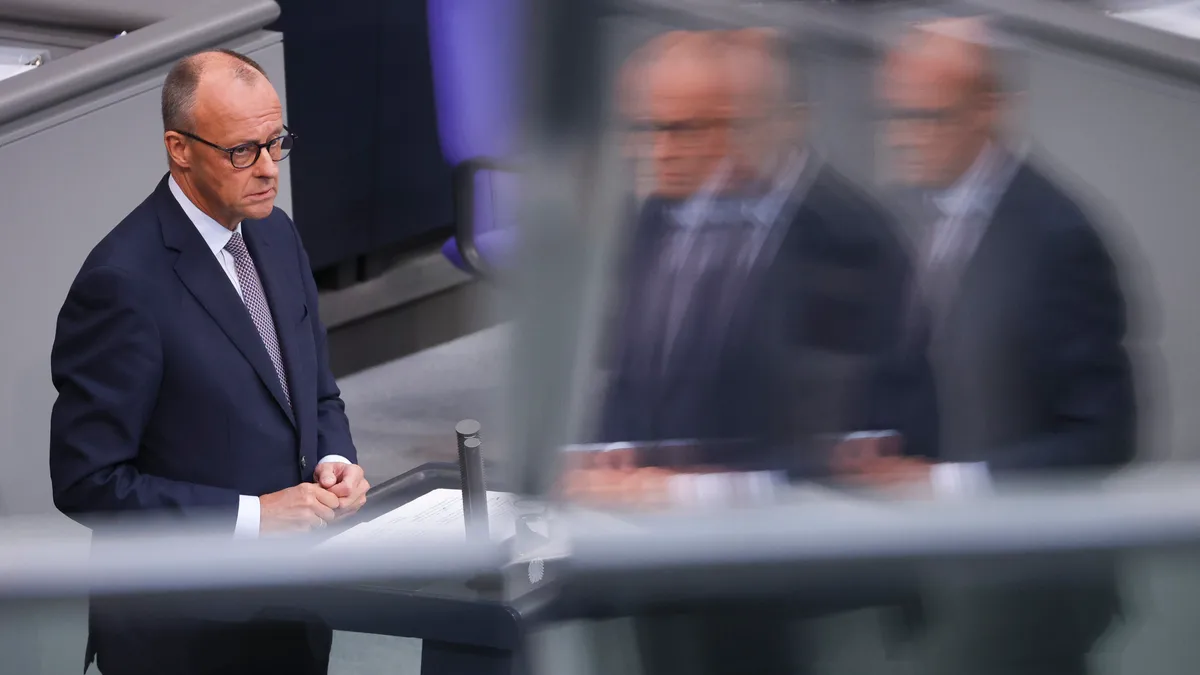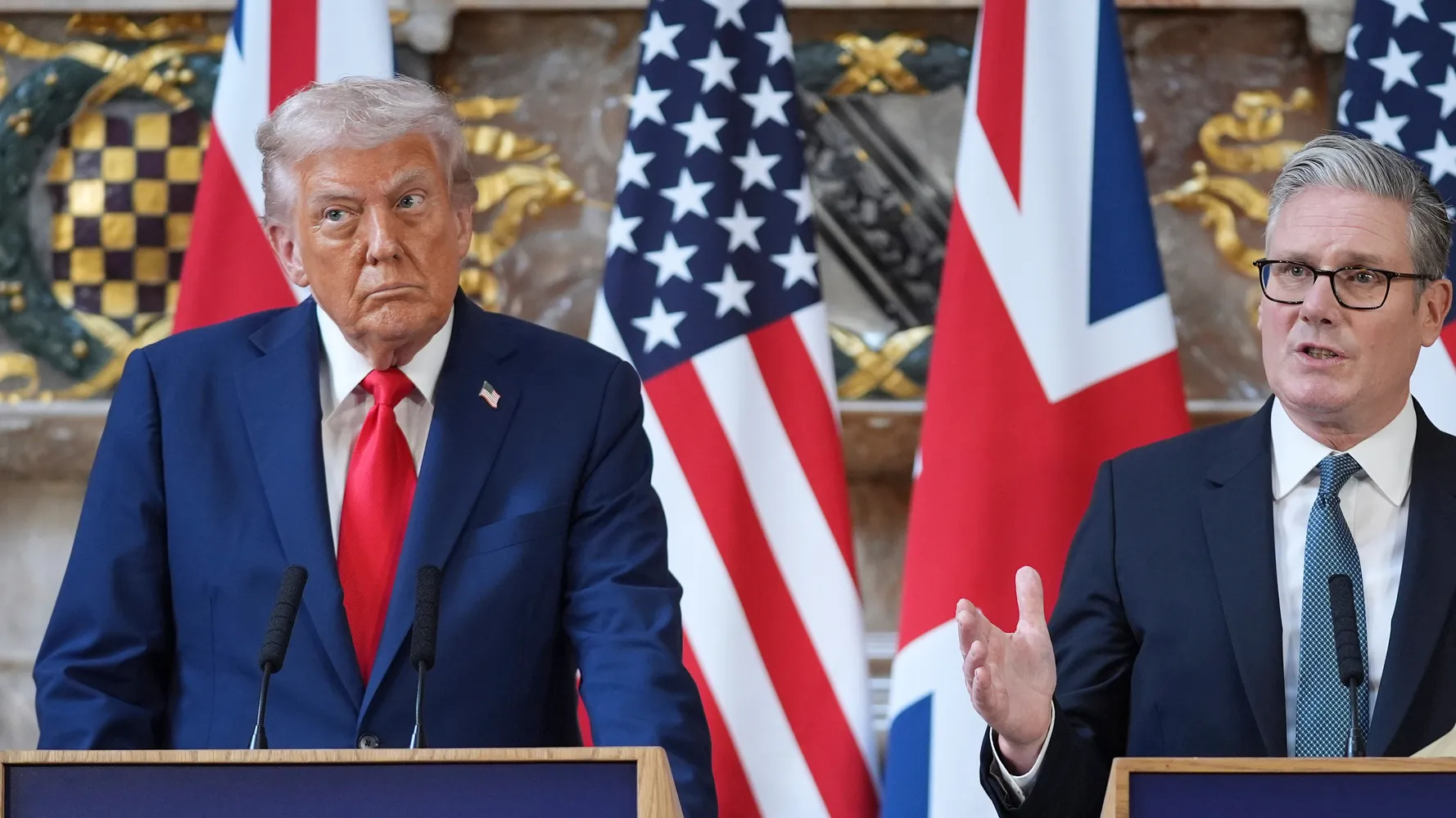By James Angelos,Nette Nöstlinger
Copyright politico

Merz already faces an uncomfortable reality: He has few weighty options for delivering the sweeping reforms and the rapid turnaround that he staked his election victory on.
Manufacturing firms that once powered the country’s postwar economic boom are shedding jobs. The total number of unemployed people reached 3.02 million in August — the highest figure in a decade. Following two straight years of economic contraction, economists expect little if any growth this year. German business morale is on the decline.
A historic move by Merz and his allies to unleash hundreds of billions of euros in borrowing for infrastructure and defense last March is having a beneficial economic effect — but it’s not enough to fully make up for larger structural problems, economists say. That spending will help bring back anemic growth of 1.3 percent in 2026 and 1.4 percent in 2027, a group of German economic institutes predicted this week.
“The German economy is still on shaky ground,” said Geraldine Dany-Knedlik of the German Institute for Economic Research. “It will recover noticeably in the next two years. However, given ongoing structural weaknesses, this momentum will not be sustained.”
None of this can rightly be blamed on Merz’s government. The massive structural problems the chancellor is confronting — U.S. President Donald Trump’s tariff wars, high energy prices, increased competition from China, an aging population — long predated his arrival or seem largely beyond his power to resolve.
But that hasn’t stopped Merz from suffering the political consequences. Dissatisfaction in his government is growing, with a new poll showing only 26 percent of Germans approve of his performance. Merz’s main political opponent, the far-right Alternative for Germany (AfD), the largest opposition party in parliament, is increasingly hitting the chancellor hard on the economy and on his efforts to revive it through borrowing.



